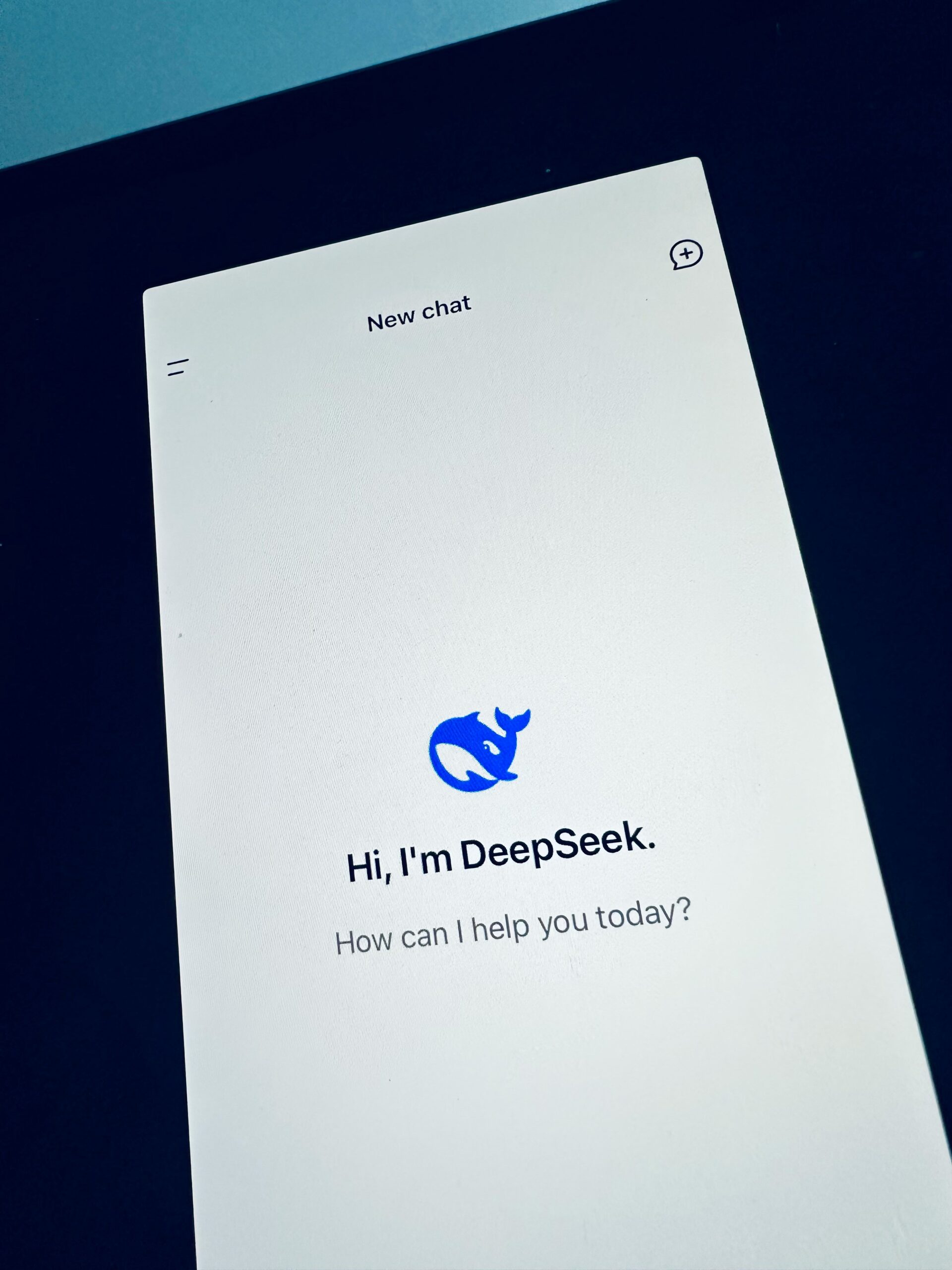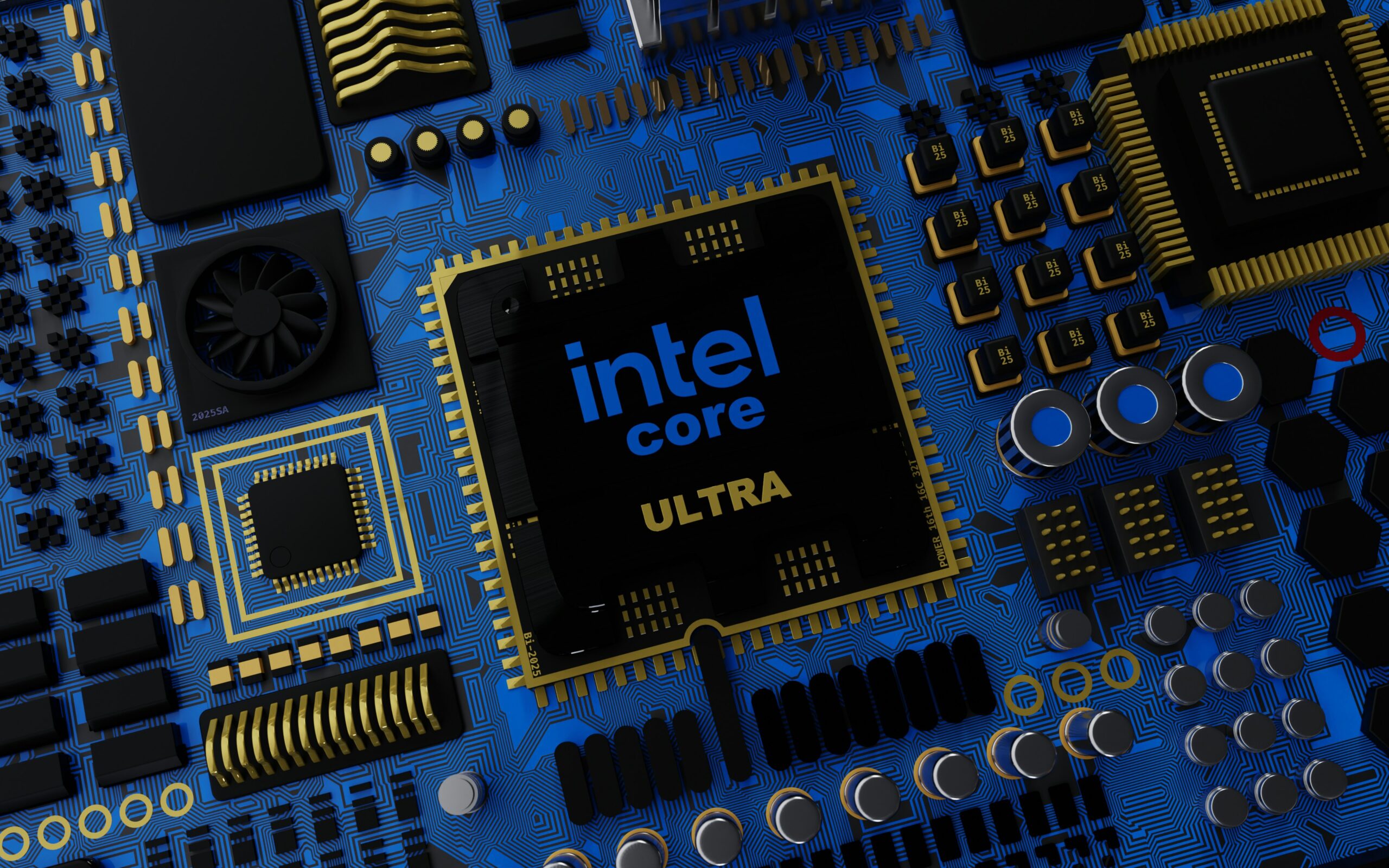Image credit: Unsplash
Amid rising delays, patients often wait anywhere from a few weeks to even months for an appointment with a specialist. Yet, from the provider’s end, there is a massive volume of underutilized calendar slots. This mismatch is due to inefficiencies in scheduling appointments. Traditional systems simply lack the precision and flexibility for matching the slots available with the demand of patients. This discrepancy reveals a hidden bottleneck in the healthcare industry that is leading to delayed care.
To solve this problem, health systems are deploying codified rules engines such as technologies designed to apply strict scheduling logic. These engines ensure that providers’ time is used effectively by optimizing calendar utilization through deterministic, rule-based workflows.
The Rise of Conversational AI in Healthcare
Advanced scheduling systems need better user interfaces. This is where conversational AI is coming into the spotlight. Powered by large language models (LLMs), these systems simulate natural, human-like dialogue, facilitating patient interaction using everyday language. As a result, providers can offer a more intuitive experience without relying on rigid menus or confusing prompts.
However, it is important to note that LLMs remain probabilistic at their core in the sense that perception and response are based on the concept of likelihood instead of certainty. Such flexibility becomes rather cumbersome when applied to scheduling, which demands a deterministic type of outcome with no room for errors. The juxtaposition of conversational fluidity versus operational precision, therefore, sets an intriguing problem for AI developers in the healthcare arena.
Case Study on Voice AI
One real-world solution to this challenge is Dash Voice AI, recently launched by health tech company Relatient. Designed to manage scheduling-related calls, Dash Voice AI exemplifies how conversational AI can reduce administrative burden and improve patient access.
“Dash Voice AI offers 25% average call deflection—offloading a quarter of scheduling-related call volume instantly, boosting speed and lightening staff load,” a company spokesperson said. By handling a significant portion of routine scheduling inquiries, the AI system allows staff to focus on more complex or sensitive tasks.
Balancing Automation with Empathy and Compliance
Technical know-how alone might help in reaching only halfway toward building an effective healthcare AI assistant. Relatient developers used primary research and live-fire testing to adjust the system’s tone, pacing, and behavior. Fine-tuning these parameters helped ensure that the AI could enter into real-life conversations with sensitivity and accuracy.
Regulatory compliance and patient friendliness are ensured, especially because Dash Voice AI handles only administrative tasks and logs recorded, auditable calls. Therefore, the design is developed for compliance with applicable laws and regulations, further building trust with patients on one side and fulfilling institutional necessities on the other.
Multilingual and Multimodal Assistants
Next-generation healthcare conversational AI will transcend boundaries on multilingual and multimodal functionalities. It will integrate dialect-specific pauses, culture-related gestures, and voice modulation to hold the attention of diverse patients. Building on these improvements will accentuate the human essence of interactions while maintaining the utmost accuracy.
Developers are also working to combine deterministic scheduling logic with the adaptive flexibility of AI. This hybrid approach could unlock a new standard in healthcare automation where efficiency meets empathy at scale.
A Transformative Shift in Patient Access
The growing adoption of conversational AI in healthcare scheduling has become a turning point in elevating patient care. The system is blending automation with nuanced human-like interaction to offer a scalable solution to long-standing bottlenecks in accessibility and efficiency. As AI continues to evolve, these advanced systems promise faster, smarter, and more compassionate care.
































































































































































































































